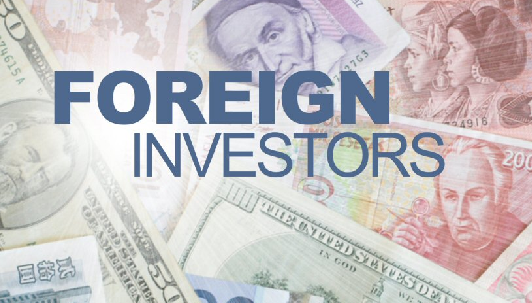CAIRO (TIP): In a few short years, if everything goes according to plan, Egypt will have new megaprojects, special investment zones and power plants fueled by the largest offshore gas field in the Mediterranean. But in the more immediate future, experts say the government needs to boost investment and bring in foreign capital to avoid a looming cash crunch. Billions of dollars in debt repayments are coming due, foreign currency reserves fell to a six-month low in August, and finance minister Hany Kadry Dimian said this week that foreign direct investment is not growing as fast as hoped. Experts say if the government doesn’t act quickly, the investment needed to realize its ambitious plans may not materialize in time.
Letting the currency devalue against the dollar would make exports more competitive, shore up foreign reserves and alleviate investors’ uncertainty over what their Egyptian-pound assets will be worth. Implementing a planned value-added tax this month would help bring the budget into line, as would a fresh bond issue like one last June that raised $1.5 billion. “Managing the short term for the country will be critical … the next two to three years,” said Hazem Badran, deputy chief executive of CI Capital Group, at a Euromoney business conference held this week. “You’re facing a lot of cash shortages in the short term,” he said, adding that “foreign investors aren’t going to come back without the exchange rate issue being resolved.” Less than a fifth of the Cairo conference’s participants were foreigners, although many delegates expressed hope for the future after years of turmoil that took a heavy toll on North Africa’s biggest economy.
Egypt has been making a gradual recovery from the tumult that followed the overthrow of longtime autocrat Hosni Mubark in a 2011 uprising. President Abdel-Fattah el-Sissi, a former general who led the army’s overthrow of the Islamist Mohammed Morsi in 2013, has staked his legitimacy on stabilizing the country and reviving the economy.
